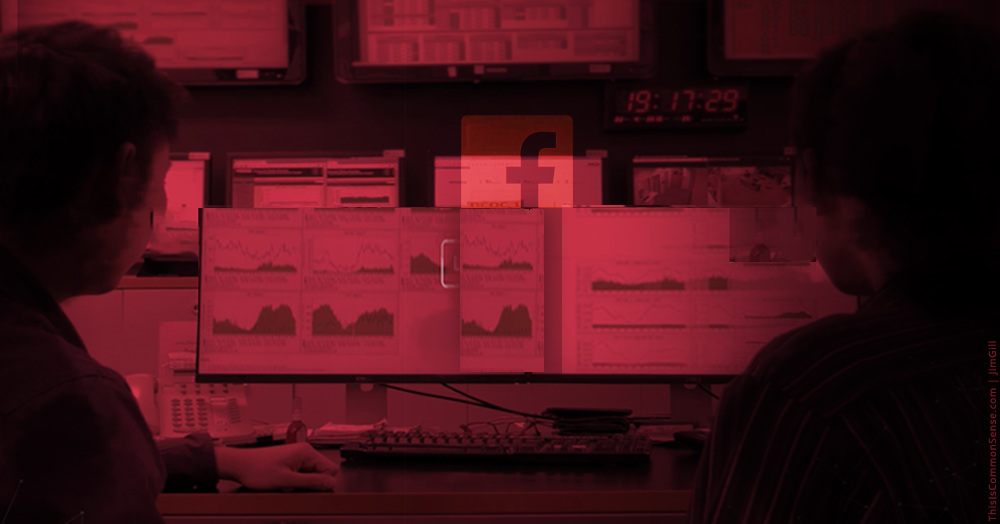A whistleblower in a British data company called Cambridge Analytica accuses his company of stealing as many as 50 million Facebook profiles. This is the latest version of the “hacked the election” meme pushed by the establishment after Trump’s 2016 defeat of Hillary Clinton.
Cambridge received data on 270,000 Facebook users, who traded their personal Facebook data and their friends’ profiles to download and use an app. The 50 million figure is an extrapolation supposing the average user had 200 friends.
The outrage over this “hack” — by the whistleblower and by the television news commentators, who seem collectively to suffer from a case of the vapors — appears to be mostly pretense. That is, they pretend voters voted in a way they did not want to vote.
But that simply wasn’t the case. The implication that conspiratorial, behind-the-scenes puppeteers changed votes in some nefarious scam remains far off the mark. All we are really talking about is data miners gaining additional info that they pushed to political propagandists who in turn did what campaign propagandists always do.
Maybe we should be grateful.
And saying this data group propelled Trump is like saying that support for term limits propelled the GOP to take over Congress in 1994 — though, in this analogy, the data firm deserves less credit than the term limits issue.
This is more a “life hack” than a technological intrusion into the political process. “Democracy was hacked” like civilization was hacked by Johannes Gutenberg.
What the fainting couch crowd really regrets? Their inability to control new media.
This is Common Sense. I’m Paul Jacob.



